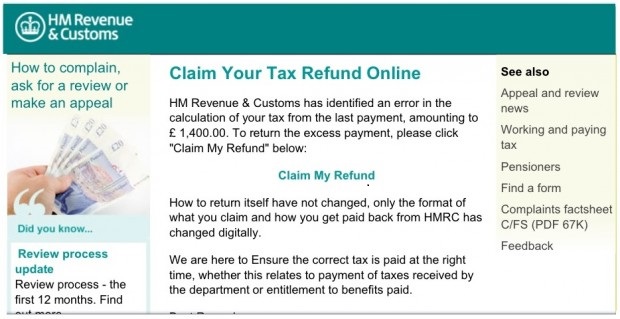
February and March can be busy and useful months in the world of a tax compliance worker as we look to tax planning opportunities that can be fulfilled before the start of the new tax year.
Pre April tax planning is a useful and potentially tax efficient way to review your financial situation. Due to the anomalies of the tax system if your income falls into one of the following bands below then you can be caught by unusually high rates of tax. Taking simple action to reduce the amount of income falling into those bands can therefore be particularly tax efficient:
- Income just exceeding the Basic rate band (£41,865)
- Income falling between £50,000 and £60,000 for the clawback of child benefit
- Income over £100,000 – a reduction in personal allowances and potentially paying up to a 60% tax charge on income over this limit
Examples of the actions that can be taken are:
- Making personal pension contributions
- Gifting monies to charity under gift aid
- Making tax efficient investments such as EIS (30% tax reducer) /SEIS (50% tax reducer)
If you are reviewing your finances at this time of year, other matters to consider as well could be:
- Start saving money tax free in an ISA (currently up to £15,000 cash for 2014/15)
- IHT gifts of up to £3,000 per annum
- Using the capital gains tax annual exemption of £10,900 per annum
If you would like to discuss any of the points raised above, please do not hesitate to contact a member of our tax team.
The information in this article was correct at the date it was first published.
However it is of a generic nature and cannot constitute advice. Specific advice should be sought before any action taken.
If you would like to discuss how this applies to you, we would be delighted to talk to you. Please make contact with the author on the details shown below.









